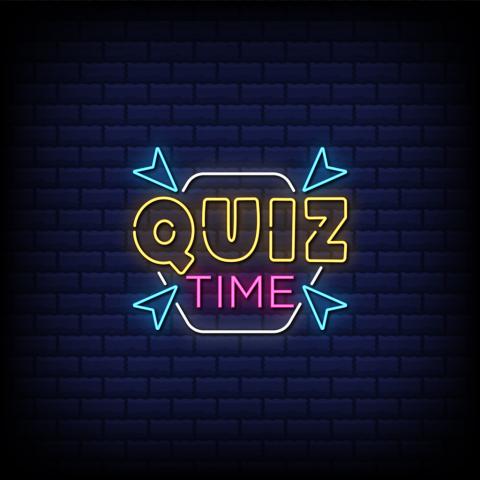Jazz Quiz
Considered the greatest female blues vocalist of the 1920s, who was the "Empress of the Blues?"
- An orphan from Chattanooga, Tenn., Bessie Smith joined a vaudeville troupe as a teenager, eventually becoming a protégée of Ma Rainey, a leading blues singer. Smith went on to become one of the most popular performers in the country, recording such classics as "Jailhouse Blues" in 1923 and "Cold Hand Blues" in 1925. Billie Holiday, on the other hand, was a jazz singer.
In the 1930s, clarinetist Benny Goodman helped popularize what type of jazz?
- With its even, four-beat rhythm, swing was played by big bands and immensely popular. The swing era lasted from 1930 to 1945. Bop was centered in Harlem and, with its fast tempo and complex chords, was difficult to dance to. Afro-Latin jazz gained popularity after World War II.
Jazz emerged in what has been called America's most musical city:
- Jazz evolved in New Orleans, which is often considered the most musical city in the U.S. because of its French, Spanish, West Indian, African, and English influences. However, by the early 1920s Chicago had emerged as the jazz capital, while Memphis was a major center for blues music.
Known as "the Divine One," who won an amateur singing contest as a teenager and quickly became a leading jazz vocalist?
- In 1942, Sarah Vaughan performed "Body and Soul" in a talent contest. She won $10 and the chance to appear at Harlem's Apollo Theater, where she was hired by Earl "Fatha" Hines's big band. In 1946, Vaughan embarked on a lucrative solo career. She was inducted into the Jazz Hall of Fame in 1990. Holiday was also a leading jazz singer. Smith was the first woman to record the blues.
At the turn of the 20th century, the term "jazz" was used interchangeably with:
- Referring to a syncopated, or "ragged," playing style, ragtime was a predecessor of jazz. From the 1890s to the early 1920s, ragtime was widely popular. By creating a demand for printed music, the ragtime craze gave birth to the American music industry.
Who performed on the first jazz recording?
- The Original Dixieland Jazz Band, a group of white musicians from New Orleans, made the first jazz recording on Feb. 26, 1917. Morton participated in the first integrated jazz recording session in 1923 in Richmond, Ind. Influential Oliver earned the nickname "King" because he was the most popular cornet player in New Orleans in the years before 1920.
The most famous jazz nightclub in Harlem was called:
- Open from 1923 to 1940, the Cotton Club was the leading nightclub in Harlem, featuring elaborate floor shows and innovative music. Blacks were only allowed to perform. The audience was white. Many performances were broadcast live over the radio. Duke Ellington, Cab Calloway, Ethel Waters, and Billie Holiday performed there. The El Morocco nightclub was located in mid-Manhattan, while the disco Studio 54 was not established until 1977.
By the 1880s, African-American ballads and songs sung by farmer workers, "field hollers," had evolved into the blues, an important influence on jazz. Who is the "Father of the Blues"?
- Composer, cornet and trumpet player, William Christopher "W. C." Handy titled his 1941 autobiography Father of the Blues. Handy published his "Memphis Blues" in 1912, followed by another hit, "St. Louis Blues," in 1914. Gillespie was a renowned trumpeter, while Jefferson was a famous blues singer.
The Jim Crow laws fostered the development of jazz by forcing classically trained black musicians to perform in black clubs, where they imposed European techniques on the blues. The original Jim Crow was:
- Popular song, dance, comedy routines that began in the 1820s, minstrel shows typically featured white performers made up to look like blacks. The shows preserved black humor and performance styles, while creating demeaning stereotypes. Minstrel performer Thomas D. "Daddy" Rice created the character of Jim Crow, a deformed black stable hand, around 1828. It is not clear how the name came to apply to the laws.
In 1997, the jazz composition "Blood on the Fields" became the first non-classical piece to win a Pulitzer Prize in music. Who composed it?
- New Orleans native Wynton Marsalis is following in the footsteps of Armstrong and Ellington as a jazz pioneer. A trumpeter and composer Marsalis helped establish the jazz program at the Lincoln Center for the Performing Arts in New York. He is one of the most visible contemporary musicians in the U.S. Puente pioneered Latin jazz. Redmond is an innovative composer and leading jazz saxophonist.





